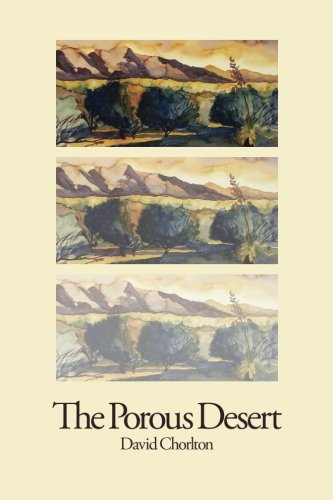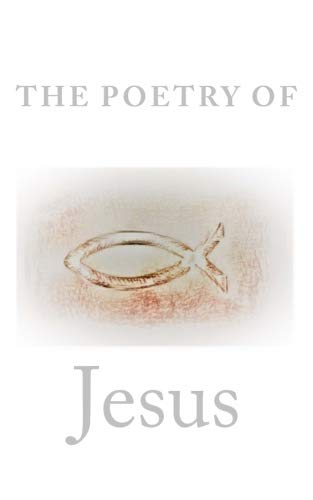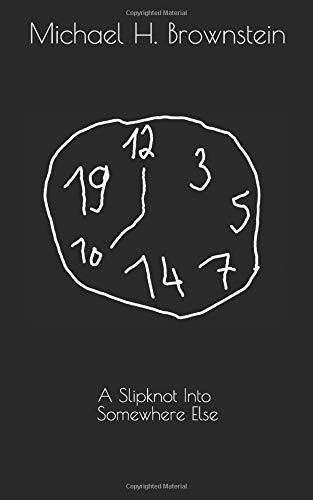Writer and teacher Steve Almond has said many times that
writers should write their obsessions. Without splitting hairs, I would say
that “passions” sounds much more positive and much less creepy. What does it
mean?
We all love something besides bacon. Even me. I love to
include people in my poems. I may put them in different places, but there’s
usually an element of humanity somewhere. My only “themed” books have been “The
Coincidence of Castles” – Ireland poems, and “Down Anstruther Way” – Scotland
poems. The Scotland book is very short
because I wrote the entire thing with a cast on my left arm. Yes, I am
left-handed.
But we can be passionate about more than one thing. I love
mint chip AND pistachio ice cream (and OMG, I have a pint of Bourbon Praline
Pecan in the freezer…). We can love, and write, about many subjects that
capture our hearts, not just one.
I recently received a copy of David’s forthcoming
book, “Reading T.S. Eliot to a Bird”. If mountains are David’s mint chip,
birds are his pistachio. And as I said above, we ARE allowed to be
passionate about more than one thing.
David’s book is comprised of twenty-nine poems. There
is a sense of humor in some of them that just tickles me. In the title poem, “I
turn the page/ for The Fire Sermon, which seems/ not to impress him. Too many
footnotes/ and it isn’t cheerful.” David is using the bird to say things we all
probably want to say, while remaining polite. “I spare him/ Death by Water, go
straight to What/ the Thunder Said. Its portentous language/ won’t engage him.”
Smart bird!! (I said that).
There is also language so beautiful, so “plain-speech”
beautiful, it will touch everyone. In “Rainforest Time”, David writes about
“the leaves that want to grow here/ from the fleshy to the frayed ones/ and the
ones that narrow/ to a point on which/ a drop of moisture hangs/ like a minute
ready to fall”. I could give you many examples, beginning with the first poem
and ending with the last.
I like when books of poetry give me permission to try
writing in a different way. For example, it is rare that I write a poem longer
than a page. It may look longer in a journal that’s 5 ½ by 8 ½, but when I do a
submission the poems are almost always less than a page each. David has some
poems that are shorter, interspersed with some that are clearly longer. The
longer poems are all different; some have sections numbered with Roman
numerals, some are numbered, some have a “~” between the sections, and some
don’t have any designation at all. And they work!
Not once did I turn a page and frustratingly think “where’s
the end of this darned poem?” I just read, turning pages as necessary, until
the poem was done. I’m not talking about a gazillion pages, just enough so that
the poem said what it needed to say. And it was perfect.
I learned that if I have a poem that goes over a page, I
don’t have to make myself nuts finding lines to take out to shorten it. David
showed me that if my poem says what it needs to, it’s okay to be longer. It
will work. It will fit into a manuscript of all different lengths, and it will
be beautiful.
I am so
thankful to David Chorlton, not only for giving me the opportunity to read his incredible
manuscript, but for teaching me a new way that it’s okay to write – that’s
effective and lovely. Something I didn’t think possible, that I’ve always been
afraid to do.
This wonderful new book is now available for pre-order at Hoot 'n' Waddle Books. Consider it not only a chance to relax and enjoy, but also an unintimidating master class in possibility.
Since David’s
book is not officially out yet, it wouldn’t be appropriate for me to post one
of his poems. Below is an example of what he taught me. It did not need to be
any longer.
The Blind Woman Fondly Remembers the Color Gray
By your leaves, you shall not stay alone
till holy church incorporate two in one…
Romeo and Juliet
There was a picture of us years ago.
Our first picnic, some Niagara Falls
of water rushing behind us, and I can
still see that water. Some may say
its blue, but no. Gray and shiny,
a metallic knife-blade of rushing music.
A graying sky. Our pale shadows.
And with the certainty of all my sight
and all my memory, I know our hair
looks that same way now, graying
and pale.
I always wanted a dramatic gray wedding gown,
wanted to be your Juliet— my sight the tragedy,
not my life. I can feel the mattress gently tilt
at night, know you read a while.
Sometimes, when your mind is full, you read
a while more. I can hear the birds call
to one another at daybreak, the schizophrenic
mockingbird a call and response all its own.
I do remember the greens of summer grasses,
the yellow of a weatherless sky, but it’s gray
that binds us, holds my heart.
I’ll always be faithful to gray.
- - - -
Tobi Alfier's most recent collection of poetry is Slices Of Alice. She is also co-editor with Jeff Alfier of the San Pedro River Review. Don't miss Tobi's columns on the craft of poetry: insert your email address in the "Follow By Email" box to the right of this article and you'll be notified every time a new article appears.



















